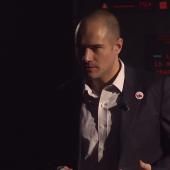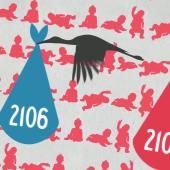
Utiliser ces filtres pour réactualiser la page.
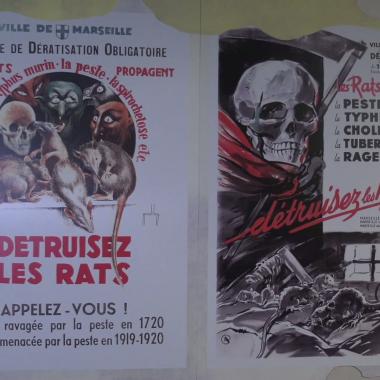 SantéVoir la vidéo de Sur les traces de la peste à Marseille06:01Reportages
SantéVoir la vidéo de Sur les traces de la peste à Marseille06:01Reportages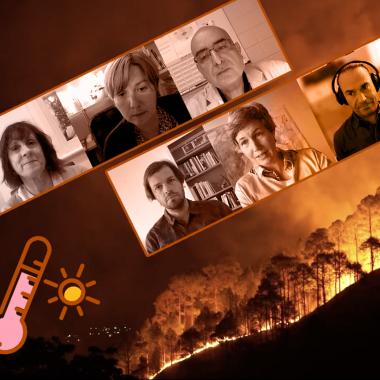 TerreVoir la vidéo de Les climatologues sont-ils écoanxieux ?11:13Interviews
TerreVoir la vidéo de Les climatologues sont-ils écoanxieux ?11:13Interviews TerreVoir la vidéo de Tourbières : pièges à carbone 07:31Dans les coulisses du climat
TerreVoir la vidéo de Tourbières : pièges à carbone 07:31Dans les coulisses du climat 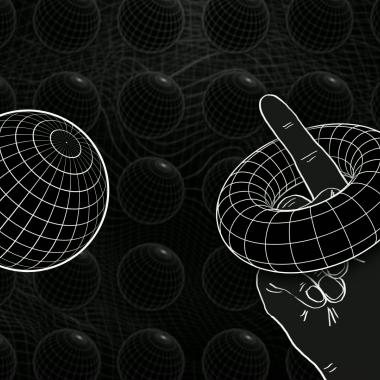 FondamentalVoir la vidéo de La conjecture de Poincaré09:52Voyages au pays des maths
FondamentalVoir la vidéo de La conjecture de Poincaré09:52Voyages au pays des maths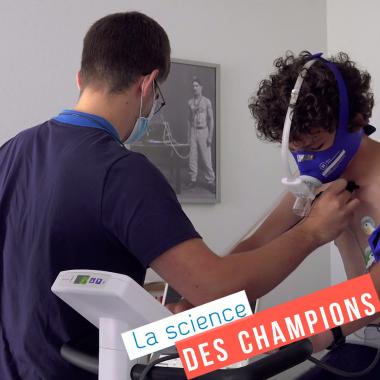 SantéVoir la vidéo de Triathlon, quels effets sur les ados ?07:20La science des champions
SantéVoir la vidéo de Triathlon, quels effets sur les ados ?07:20La science des champions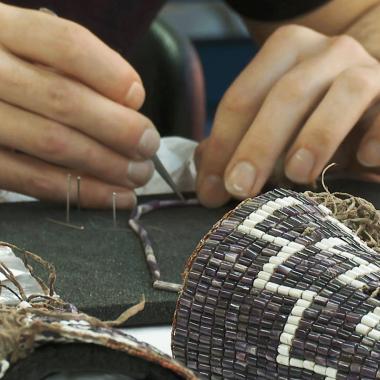 SociétéVoir la vidéo de Wampum, histoire d’une diplomatie méconnueReportages
SociétéVoir la vidéo de Wampum, histoire d’une diplomatie méconnueReportages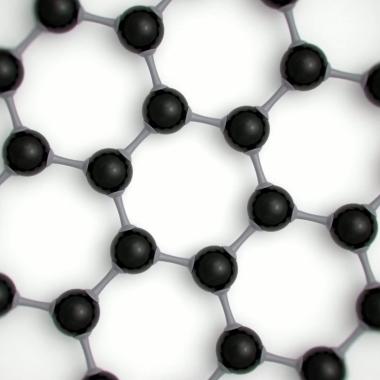 FondamentalVoir la vidéo de Graphène, un immense (nano) pari07:26Reportages
FondamentalVoir la vidéo de Graphène, un immense (nano) pari07:26Reportages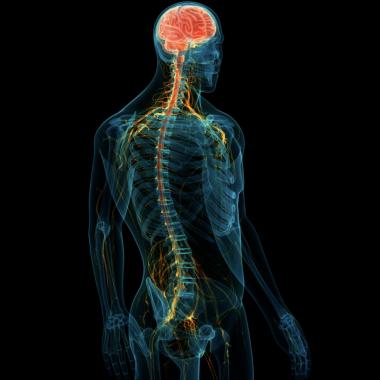 SantéVoir la vidéo de Paraplégie, la science en marche06:37Actu de science
SantéVoir la vidéo de Paraplégie, la science en marche06:37Actu de science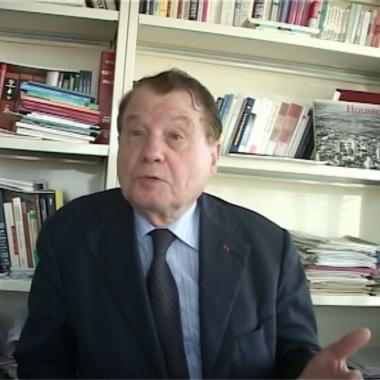 SantéVoir la vidéo de Décès du Pr Luc Montagnier, prix Nobel de médecine en 200815:22Entretien avec les Nobel(s)
SantéVoir la vidéo de Décès du Pr Luc Montagnier, prix Nobel de médecine en 200815:22Entretien avec les Nobel(s) SociétéVoir la vidéo de Groenland et Islande : enjeu géopolitique pour l’Arctique européen 24:10Les conférences d’Universcience
SociétéVoir la vidéo de Groenland et Islande : enjeu géopolitique pour l’Arctique européen 24:10Les conférences d’Universcience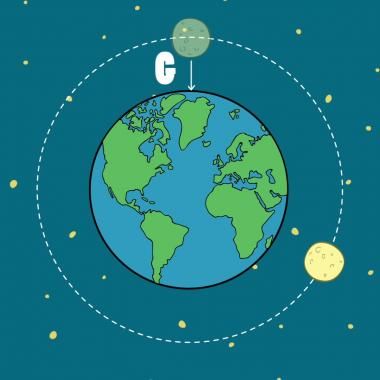 FondamentalVoir la vidéo de Attraction universelle04:07La science à découvert
FondamentalVoir la vidéo de Attraction universelle04:07La science à découvert SantéVoir la vidéo de 3 questions sur... un virus, déclencheur de la sclérose en plaques06:17Journée mondiale de la SEP
SantéVoir la vidéo de 3 questions sur... un virus, déclencheur de la sclérose en plaques06:17Journée mondiale de la SEP